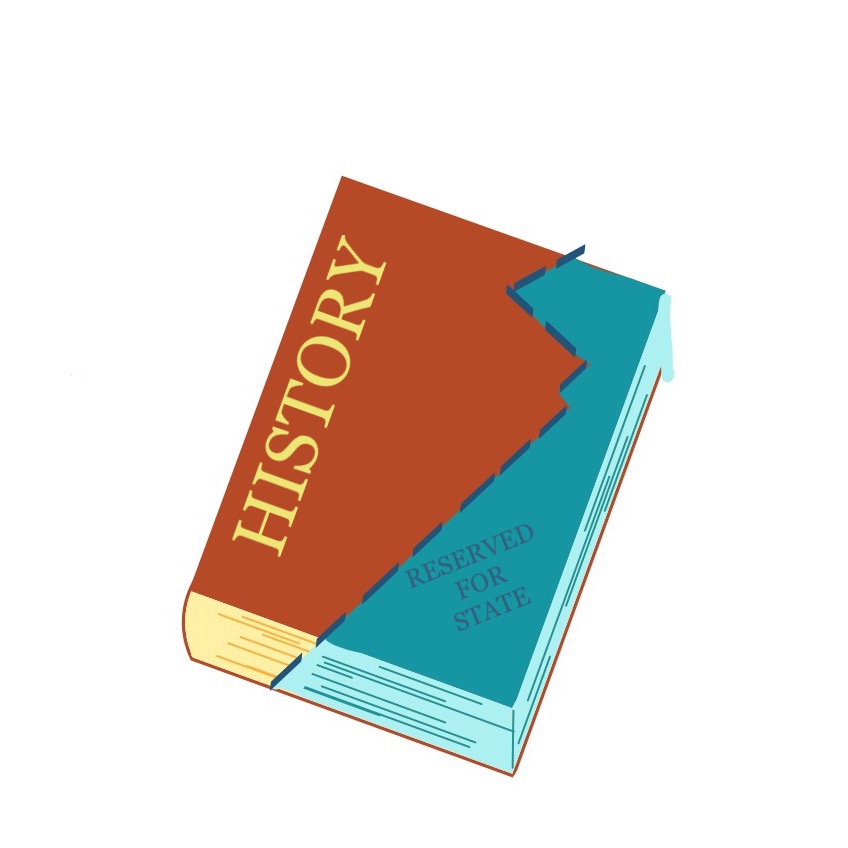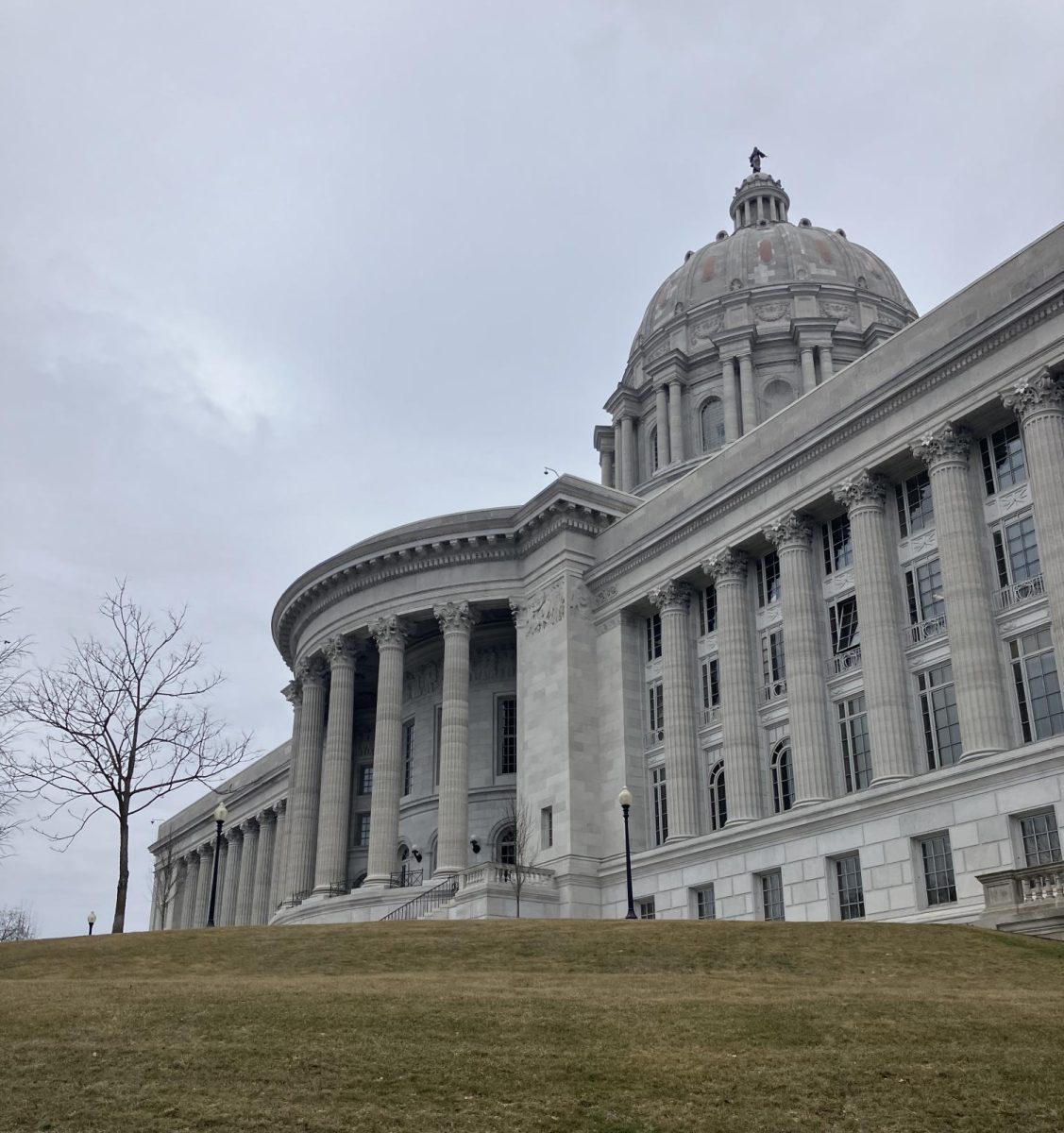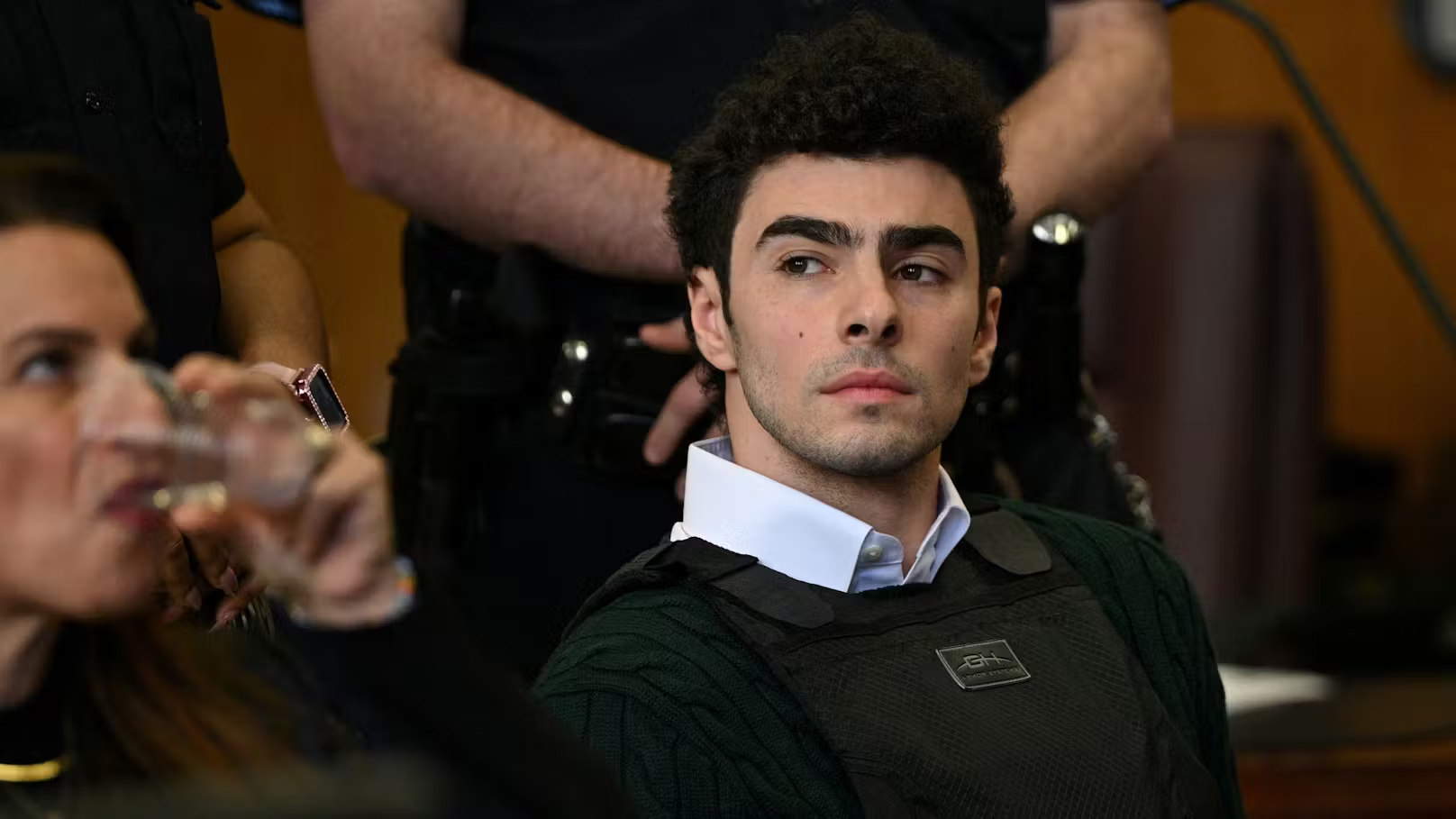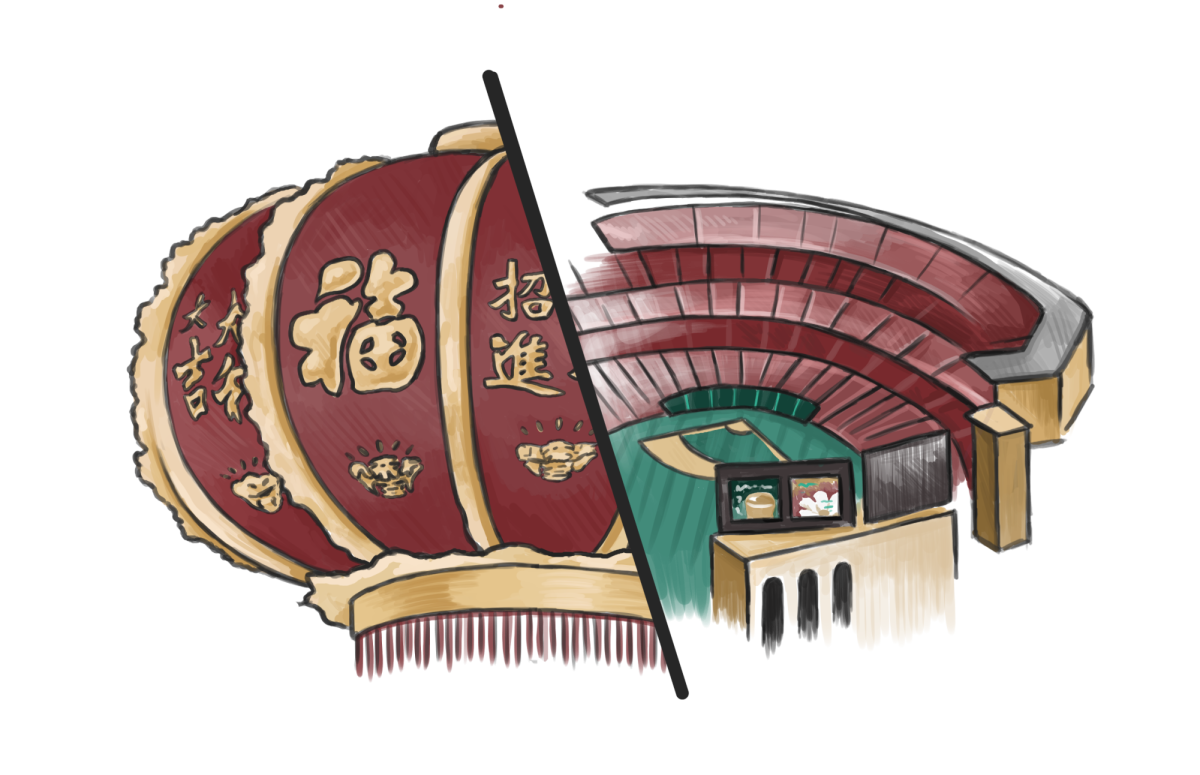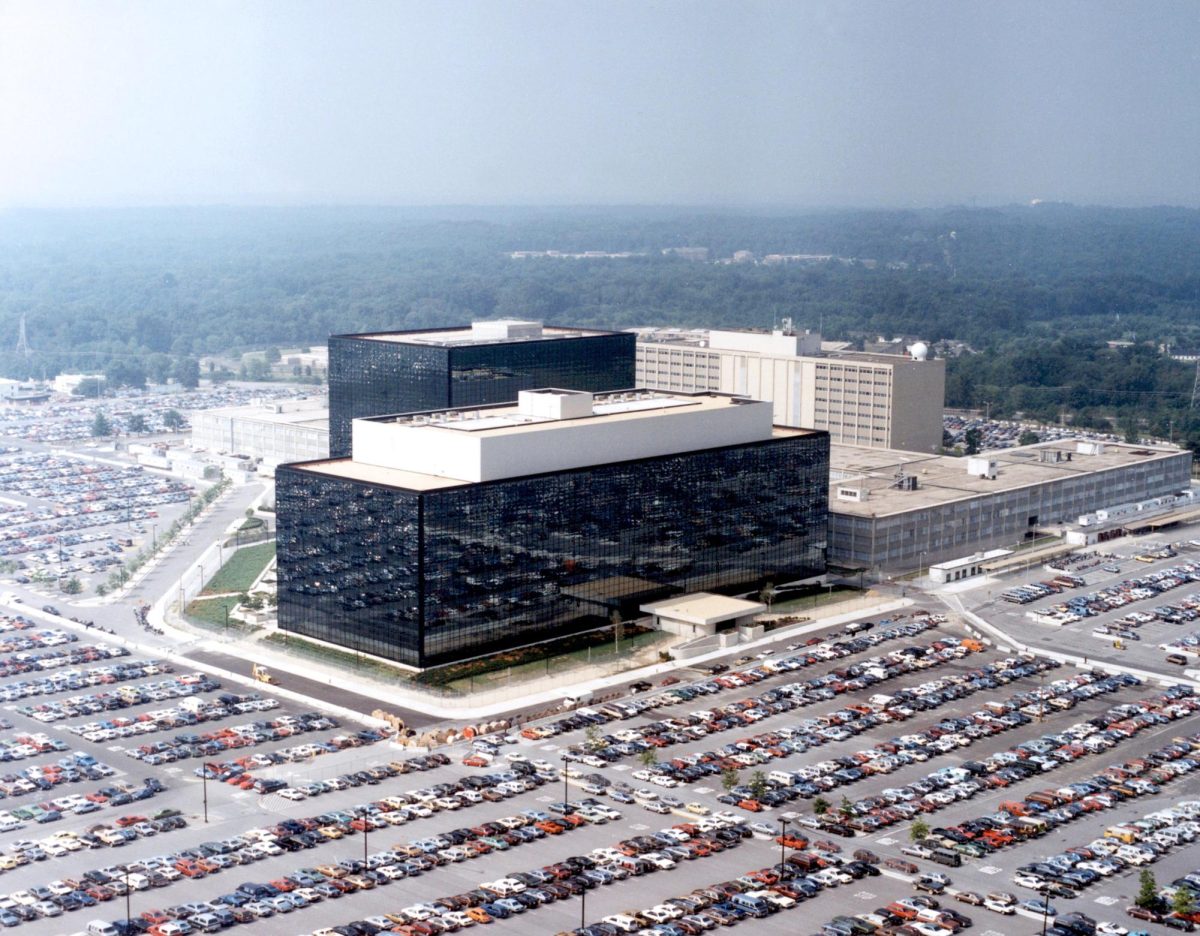In 2014, the Education Fund of the Texas Freedom Network reviewed 43 middle-school and high-school history and government textbooks. They found that most of the textbooks did a poor job at covering minorities’ contributions to U.S. and World history – including African Americans, women, Asian Americans, Native Americans and LGBT.
This disregard of minority history is an epidemic that plagues American textbooks. While school districts like the ones in Texas have the innocent intention of teaching students “to be proud American citizens,” the manipulation of history towards a political or racial bias shields students from the full and accurate truth and as a result reinforces stereotypes and racial intolerance.
We see a lack of representation of minorities in high school history textbooks, especially for Native Americans. According to Annalee Good, a researcher at the Wisconsin Center for Education Research, any references that were made regarding Native American origins in the textbooks she studied were generic and descriptions of Native Americans culture variations were “vague, brief, decontextualized and immediately followed with the scientific explanation”. In other words, the textbooks kept information on Native American origins to a minimal the textbook is portraying the race as unimportant.
The same negligence goes over the portrayal of Arabs, Muslims, and the Middle East. According to Hani Morgan, associate professor of education at the University of Southern Mississippi, his studies concluded that biases and inaccuracies were frequent within high school history textbooks, holding “very negative stereotypes as well as inaccurate descriptions of Islam, bias towards the Arab political system, and pictures that don’t reflect the everyday life of the majority of people in the Middle East.”
Patriotism also plays a key role in high school textbooks to the point where minority groups were not even represented at all. According to DD Perlmutter from Louisiana State University, the visual depiction of society in secondary school textbooks is constructed from industrial, commercial, and social influences.
By not discussing any negative effects of patriotism, not only are the authors portraying an inaccurate picture of history, but they are also misleading students to believe that Americans only focused their negative feelings towards minorities. Furthermore, by failing to elaborate on achievements of other minorities, textbooks are taking away a group’s validity and stating that their advancements and strengths are not important enough to be mentioned.
Teaching history demands an authentic inquiry into the past, however uncomfortable and politically incorrect the truths may be, so that society can truly learn from humankind’s past mistakes and move forward better understanding each other. Phi Delta Kappa International, a professional education association, highlights that “as students gain a more accurate understanding of one another, ignorance, misunderstanding, and racial conflict would begin to disappear from classrooms and society.” And because it’s become more apparent that we need this long-term acceptance, we must start at how we foster this better understanding: through accurate education.


